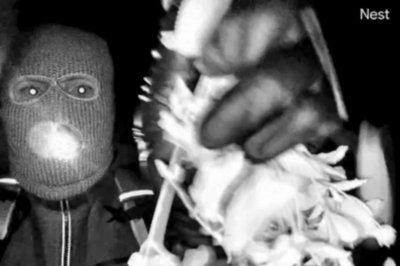Savannah Guthrie pleads for her mother’s return: ‘Do the right thing’

Feb. 16 (UPI) — Savannah Guthrie urged the person who allegedly kidnapped her mother to “do the right thing” as the search for Nancy Guthrie continues into its third week.
In a brief video posted to Instagram on Sunday, the Today show host said she wanted to say publicly that she and her family “still have hope” that their mother is still alive and that she wanted to tell whoever has the 84-year-old woman that there is still time to return her.
“I wanted to say to whoever has her or knows where she is that it’s never too late,” she said. “And you’re not lost or alone and it’s never too late to do the right thing. And we are here. We believe. And we believe in the essential goodness of every human being. And it’s never too late.”
Nancy Guthrie was last seen the night of Jan. 31 and was reported missing the next day after she failed to arrive at a friend’s house to watch an online stream of a church service.
Authorities have released images of a person captured tampering with the doorbell of Nancy Guthrie’s Tucson, Ariz., home. They have offered a $100,000 reward for information that leads to the woman’s recovery.
Late last week, authorities said DNA that does not belong to Nancy Guthrie or anyone close to her was discovered at her home, and that investigators were working to identify who it belongs to.
The FBI said in a statement the DNA was retrieved from one of about 16 gloves collected by investigators near Nancy Guthrie’s house.
The glove that contained the unknown DNA appears to match the gloves worn by the subject seen in the doorbell footage, according to the FBI.
